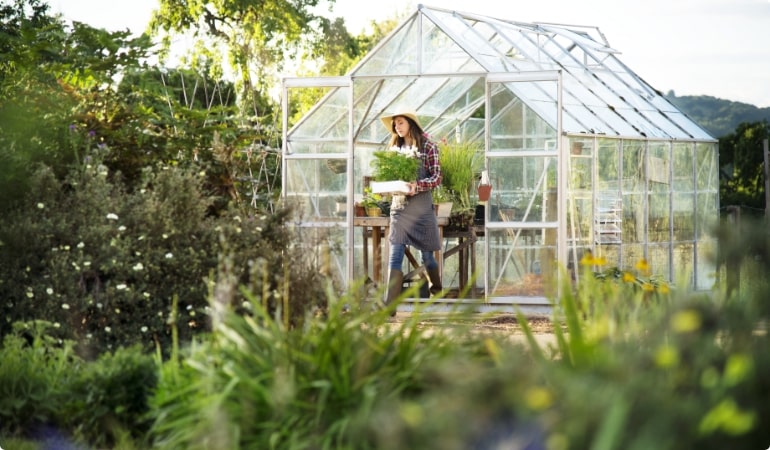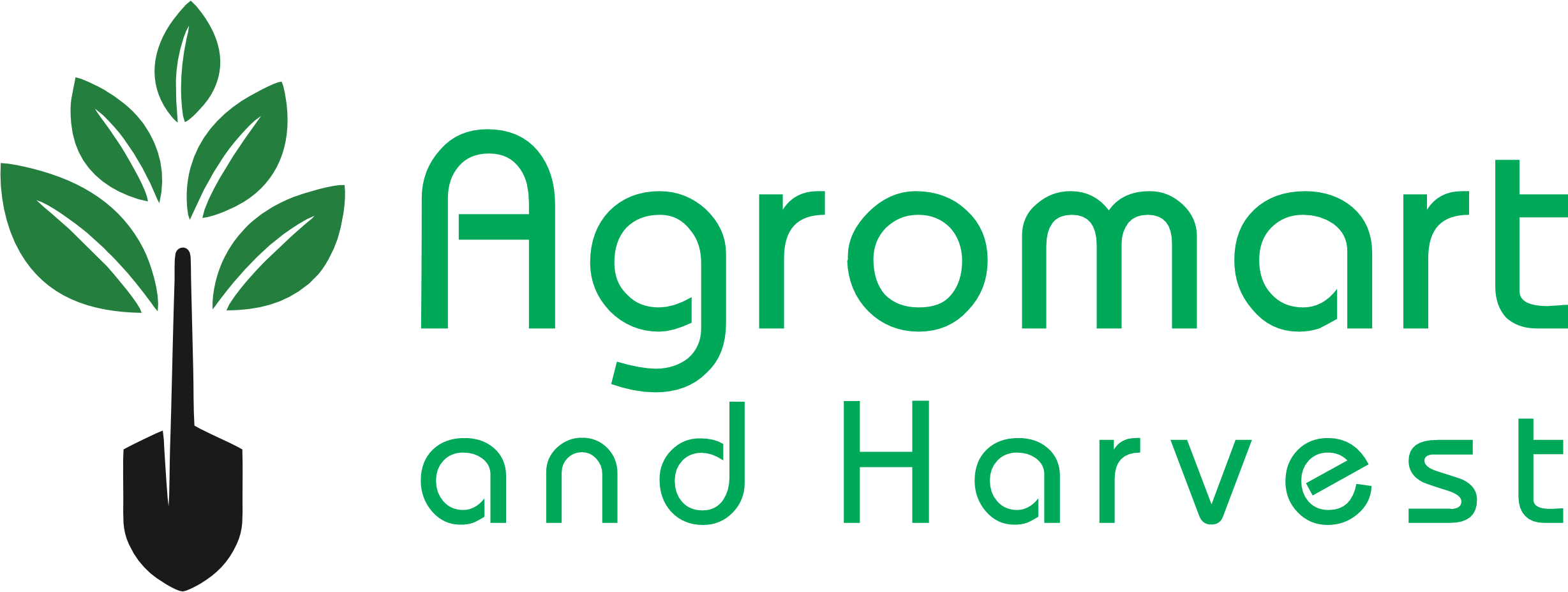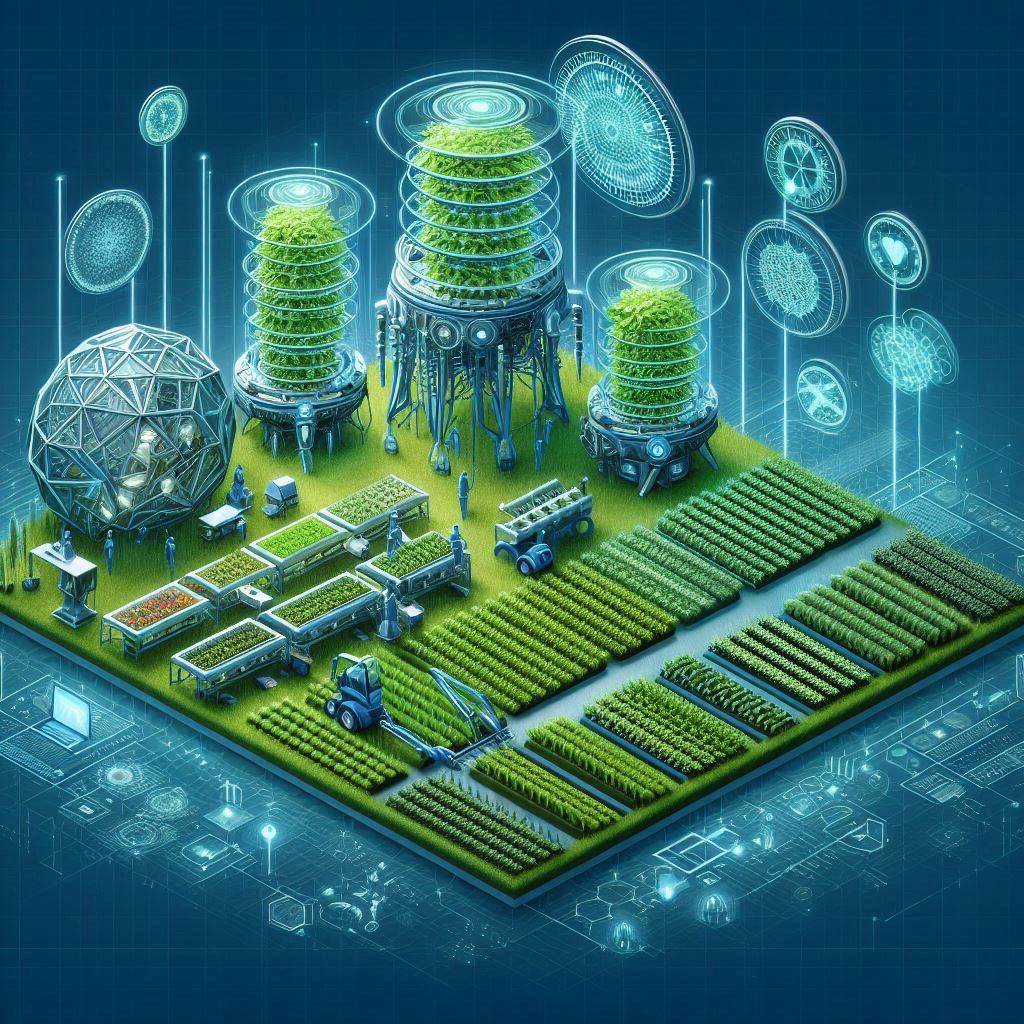In an era of growing environmental challenges and a rapidly increasing global population, sustainable agriculture has emerged as a crucial solution for ensuring food security and preserving the health of our planet. As the world faces climate change, limited natural resources, and a need for more efficient food production, innovations in agriculture are paving the way for a greener tomorrow. This blog explores the future of sustainable agriculture and the practices and technologies that will shape its evolution.
One of the most significant innovations in sustainable agriculture is precision farming. This approach uses cutting-edge technologies, such as GPS, sensors, and data analytics, to monitor and manage crops with high accuracy. By collecting real-time data on soil moisture, temperature, and crop health, farmers can optimize water use, minimize chemical inputs, and reduce waste. This not only boosts crop yields but also ensures that resources are used more efficiently, promoting environmental sustainability.

Regenerative agriculture focuses on restoring and enhancing the health of the soil. By using practices such as cover cropping, crop rotation, and no-till farming, regenerative agriculture helps to rebuild soil organic matter, increase water retention, and reduce erosion. This approach goes beyond sustainability by actively improving the land, ensuring that it can continue to produce healthy crops for generations to come.

